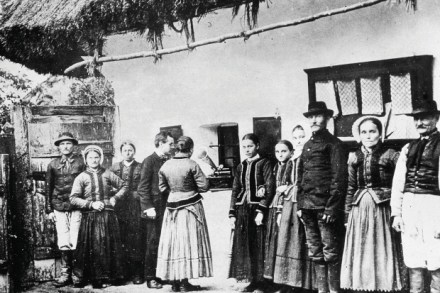A watershed moment in music history
In 1994 I was working in marketing at London Records, a frothy pop label part-owned by the Polygram Group — both long gone, swallowed up by Warner Bros. That summer some Americans came into our office to pitch us a project. Rather than unfurling some band or singer, they wanted to talk about technology, specifically the internet and what it would mean to our business in the future. They were looking for an investment of around 50 grand. They talked about how, in the future, kids would buy music on their computers and that they would be able to do it anywhere — on the train, in the street. ‘But




















